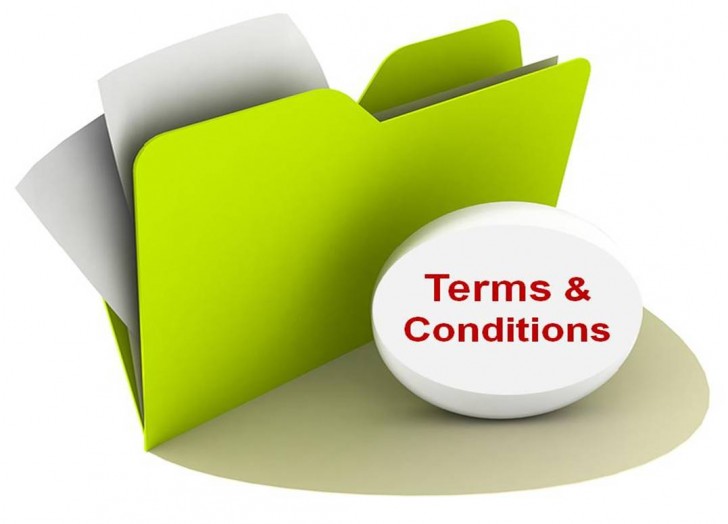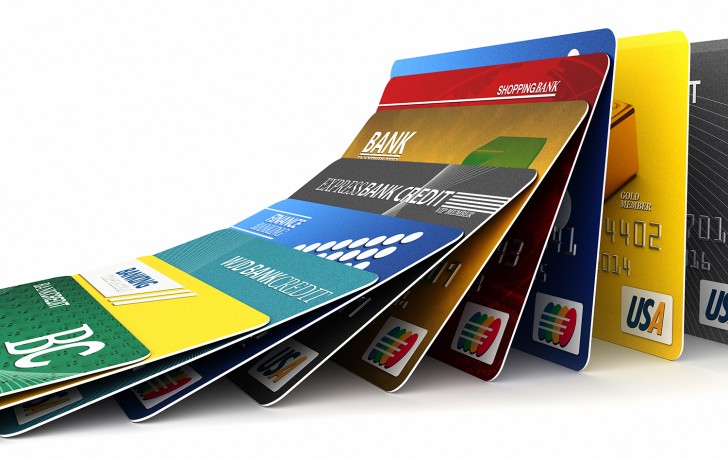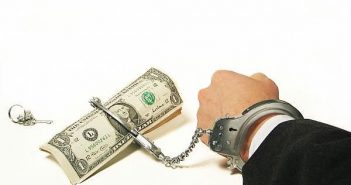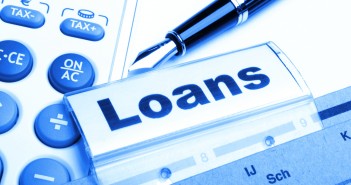Credit cards enable people to pay for their purchases conveniently without having to draw money from their bank accounts and carrying hard cash. The upside of credit cards is convenience and security. On the other hand, the flipside is the temptation to use them without giving a thought about the capacity and ability to pay for the charges incurred.
Paying through a credit card is good so long as you realize one thing. The facility is there to represent the disposable cash you own, NOT the money you wish to spend eventually. To avoid falling into the easy trap of credit card debt, take a careful note of these pointers:
 Be acutely aware of your credit terms
Be acutely aware of your credit terms

Don’t just read the fine prints of the terms and conditions. Have a clear understanding of what they mean. Also, assess if you have the discipline and ways to follow them.
Different credit cards have different terms and rates. To avoid nasty surprises, seek clarification about any vague item from your credit card company.
 Use the card solely for convenience
Use the card solely for convenience
Buy only things for which you can afford to pay right away. Some people who don’t bother understanding the rationale behind credit cards think that credit limits are equal to the amount of spending they can charge. Wrong! Whatever you cannot afford cannot be charged to your credit card.
“You don’t build wealth with credit card rewards and airline miles. You can’t beat the credit card companies at their own game.” – Dave Ramsey
Advertisements
 Ensure that you settle your balance in full and on time
Ensure that you settle your balance in full and on time
Paying only the minimum amount required will eventually get you into big trouble. Why? Because interest and penalty charges will pile up. If you let this happen, your credit card debt will balloon. In the end, the penalty and fees will cost more than the principal. Besides paying the full amount, you should also ensure that you pay on time to avoid any late-payment charges.
“The fact is, nearly 75 percent of Americans who use credit cards make only the minimum payment each month. At that rate (minimum payments) you could spend the next thirty years paying back a $3,000 credit card debt and give the financial institution $8,000 worth of interest. It’s the principle of compound interest in reverse.” ~ Raymond McHenry
 Keep track of your credit card charges
Keep track of your credit card charges
Have a record of each of your purchases by referring to the charge slips given by the merchants. It is the best way to monitor your costs. That way, you won’t be caught off guard at the end of each billing period. It will also enable you to set aside the payment and adjust your monthly budget as necessary.
 Avoid taking cash advances
Avoid taking cash advances
Credit card companies impose cash advance fees and other charges. Therefore, unless it is a life-and-death situation, do not use your card to get cash. Using this facility is a clear indication that you are in financial trouble. You’re likely to be in a deeper mess if you fail to pay the advance on time and in full.
 Maintain only one or two cards
Maintain only one or two cards
Choose the best card for you. Be on the lookout for those with great payment terms and reward features. If you must maintain more than one card, then make sure that you work out a billing cycle that is different from your other card. In this way, paying for charges is easier to manage and control because you would have more leeway to budget your payments.

Remember, scrap the common mentality that having a credit card means more spending power. Rather, always think that paying through credit means having the cash to spend confidently.




